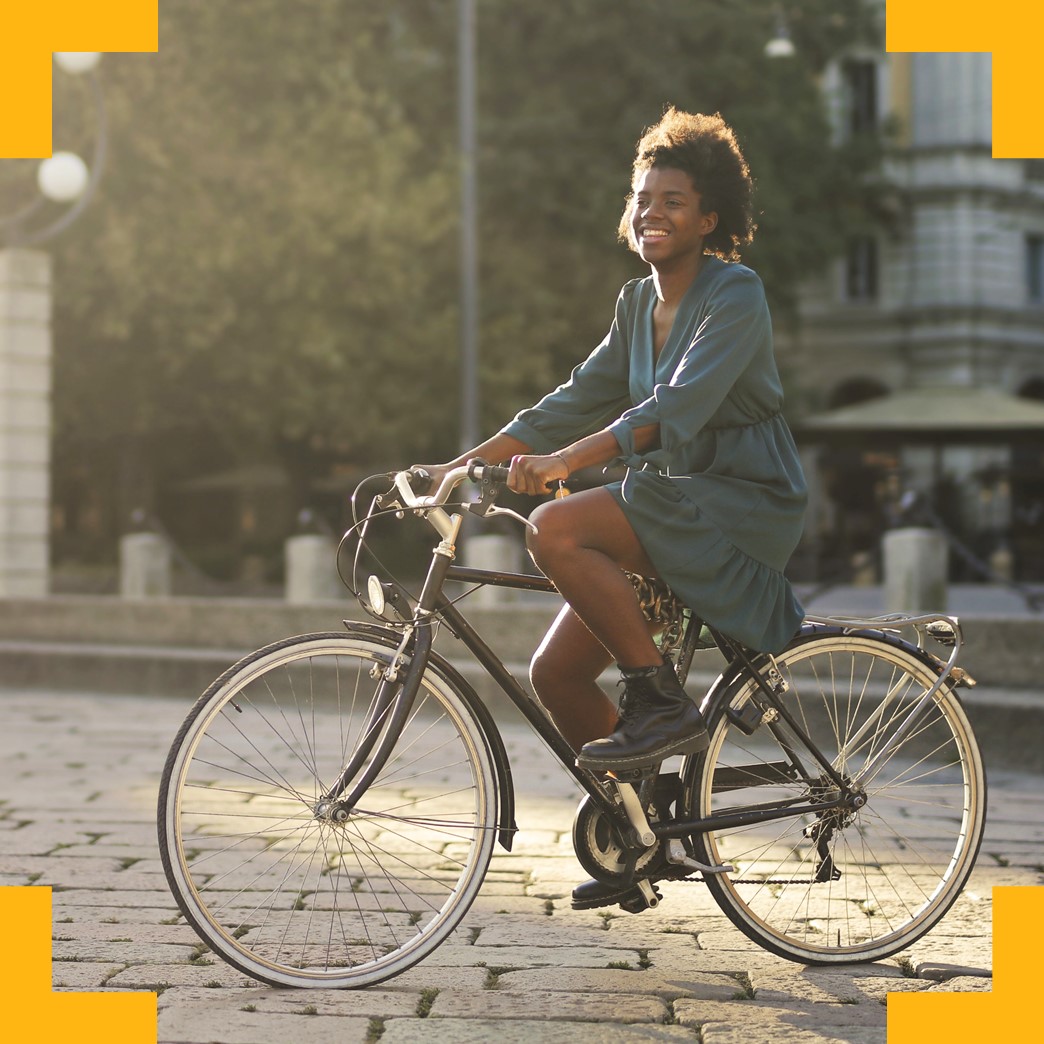Access and Active Leisure in a Time of Pandemic: Tales of Two Cities
For many urbanites, the pandemic revealed how accessible – or inaccessible – many urban spaces can be. But around the world, different responses to the pandemic led to radically different experiences of access to active leisure and the outdoors. One project sought to explore the experiences of Bristol and its French twin city of Bordeaux. It platformed community organisations that promote running, walking, or cycling, as well as individuals who have tried to stay active throughout the pandemic.

For many urbanites, the pandemic revealed how accessible – or inaccessible – many urban spaces can be. But around the world, different responses to the pandemic led to radically different experiences of access to active leisure and the outdoors.
What did the project involve?
This project sought to explore the experiences of Bristol and its French twin city of Bordeaux. It platformed community organisations that promote running, walking, or cycling, as well as individuals who have tried to stay active throughout the pandemic.
The team of researchers explored the ways people experienced the changes brought about by national lockdowns. Urban spaces were repurposed through leisure activities, leaving a legacy of active leisure in both cities.
In planning the project, the team asked:
- How have people experienced access to the cities’ streets, throughfares, and green spaces during the pandemic?
- What are the benefits for their mental and physical wellbeing?
- What’s different between Bristol and Bordeaux? What commonalities are there? And how do people experience different forms of lockdown?
- What lessons have been learned and what needs to change in a post-pandemic world?
The researchers interviewed runners, cyclists and walkers from both cities, as well as those advocating for active leisure. Through online interviews, they were able to capture personal reflections on the leisure experience in pandemic-stricken cities.
These conversations informed a collection of four 10-minute podcasts, produced in partnership with Knowle West Media Centre, incorporating voices and perspectives from Bristol and Bordeaux during and after periods of lockdown. The podcasts were to be released in February 2022 and the team hosted an international workshop following the launch to coincide with the second anniversary of the first lockdowns in France and the UK.
Who are the team and what do they bring?
- Martin Hurcombe (University of Bristol, School of Languages – French Studies) has an interest in the history of sports and leisure. Much of his research centres on the cultural processes through which these activities are constructed and consumed. He brought his vast experience of cultural analysis to this project.
- Melanie Chalder (University of Bristol, Bristol Medical School) is an experienced mixed-methods Research Fellow with a background in legal, health and social care-based research. She currently works in Bristol Medical School, where she explores mental health, physical activity and ageing well. On this project, she designed tools and processes (e.g. interview schedules, topic guides and survey materials) and conducted the Bristol-based fieldwork, as well as supervising data collection for Bordeaux.
- Polly Galis (University of Bristol, School of Languages – French Studies) translated research instruments and adapted data collection processes for use in Bordeaux. She also conducted data collection in French. Her own research centres on gender, sexuality, and the body in twentieth- and twenty-first-century Francophone culture.
- Lise Coantanciec served as bi-lingual project administrator.
What were the results?
Dr. Chalder and Professor Hurcombe have worked together on a number of projects since 2018, including the ESRC-IAA/PolicyBristol funded project ‘Putting a Positive Spin on the Story of Cycling’. The project used oral history and creative writing practices to capture the experiences and understand the motivations of a group of older cyclists.
They have also partnered with Knowle West Media Centre to build an archive of stories about local people who became more physically active during the first national COVID-19 lockdown.

